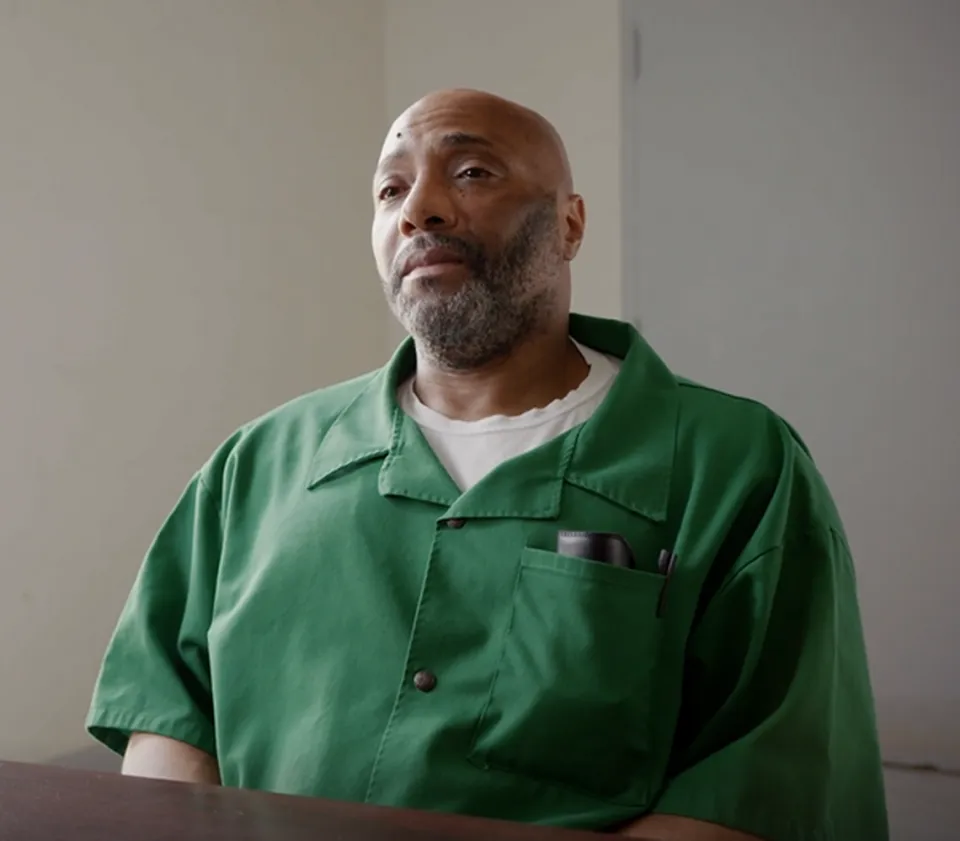South Carolina’s Richard Moore Faces Execution Amid Calls for Clemency
Richard Moore, a 59-year-old inmate, was executed by lethal injection on November 1, 2024, at 6:24 PM in South Carolina. This marked the second execution in the state since the death penalty resumed after a 13-year hiatus due to difficulties in obtaining lethal injection drugs. Moore’s case has ignited a firestorm of debate surrounding the death penalty, particularly regarding issues of racial bias and the adequacy of legal representation.
Moore was convicted for the 1999 fatal shooting of convenience store clerk James Mahoney during an attempted robbery at Nikkie’s Speed Mart in Spartanburg. At the time of the incident, Moore was unarmed and engaged in a struggle with Mahoney, who shot him in the arm. During this altercation, Moore wrestled the gun away from Mahoney, leading to the tragic outcome that would ultimately result in his conviction.
Despite widespread calls for clemency from influential figures—including three jurors from his trial, his original trial judge, a former state prison director, and family members—Governor Henry McMaster denied the request. Notably, no South Carolina governor has ever commuted a death sentence, raising questions about the state’s commitment to justice and fairness in capital punishment cases.
In his final statement, Moore expressed deep remorse for Mahoney’s death and thanked his family for their unwavering support. He poignantly stated, “To my children and granddaughters, I love you, and I am so proud of you.” This heartfelt message resonated with many who believe that Moore’s execution was not just a loss for him, but also for his family, who now face a future without their father and grandfather.
Advocates for Moore’s clemency have highlighted that his case reflects broader issues of racial bias in capital punishment. Moore was the only Black inmate on death row convicted by an all-white jury, a fact that raises significant concerns about the fairness of his trial. Furthermore, the majority of death penalty cases in South Carolina involve white victims, prompting advocates to argue that systemic flaws within the justice system disproportionately affect racial minorities.
Supporters of Moore contend that he has undergone significant personal growth during his time in prison. They argue that he has reformed, becoming a mentor to fellow inmates and embracing a devout Christian faith. Many believe that executing him would unjustly punish a man who has demonstrated a commitment to change and rehabilitation.
Legal controversies surrounding Moore’s case have also emerged. His defense team claimed that his original attorneys failed to adequately investigate evidence suggesting self-defense during the incident. They argued that Mahoney fired first during a dispute over a short payment, a detail that could have significantly altered the outcome of the trial.
The execution of Richard Moore has sparked renewed debates about the death penalty and its application in cases involving racial minorities. Many advocates believe that Moore’s execution exemplifies systemic flaws within the justice system, raising questions about the fairness and morality of capital punishment in South Carolina.
The impact of Moore’s execution extends beyond the prison walls, leaving his children without a father and raising concerns about the long-term effects on his grandchildren. Legal representatives described Moore as a positive influence in prison, emphasizing the need for a justice system that recognizes the potential for rehabilitation and growth.
Following Moore’s execution, four more inmates are scheduled to be executed at five-week intervals through spring 2025, indicating a renewed pace of capital punishment in South Carolina after years of inactivity. This development has further fueled discussions about the future of the death penalty in the state and the ethical implications of its application.
In conclusion, Richard Moore’s execution has not only brought attention to his individual case but has also highlighted broader issues within the South Carolina justice system. As calls for clemency continue to resonate, the conversation surrounding the death penalty, racial bias, and the potential for rehabilitation remains as relevant as ever. The fate of Moore and others like him serves as a poignant reminder of the complexities and moral dilemmas inherent in capital punishment.






Leave a Comment